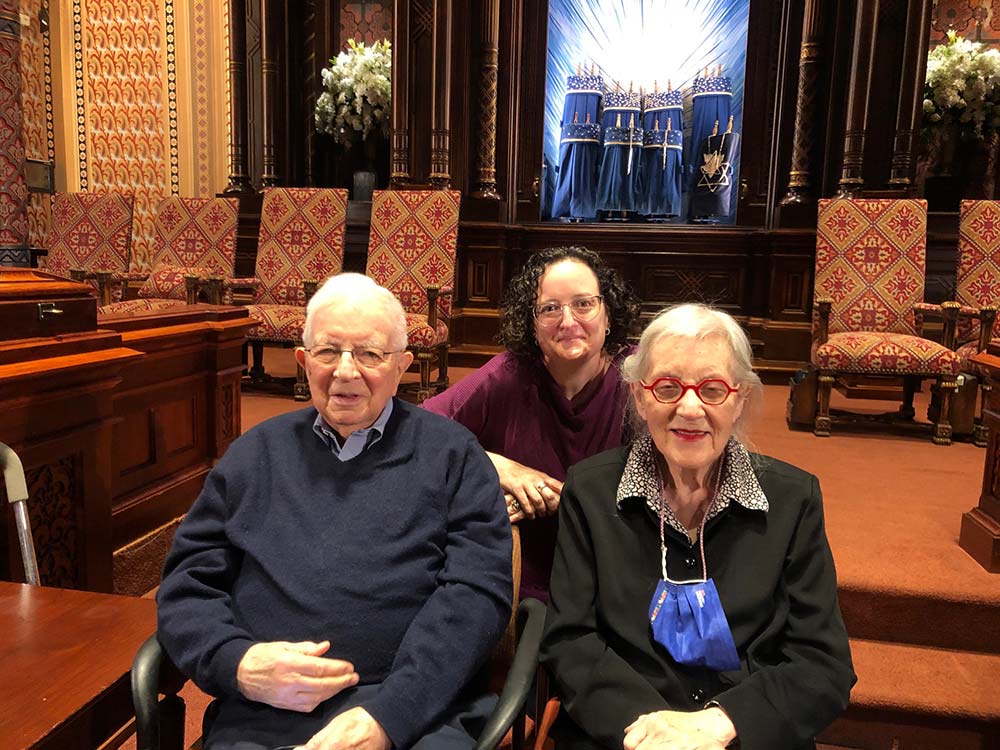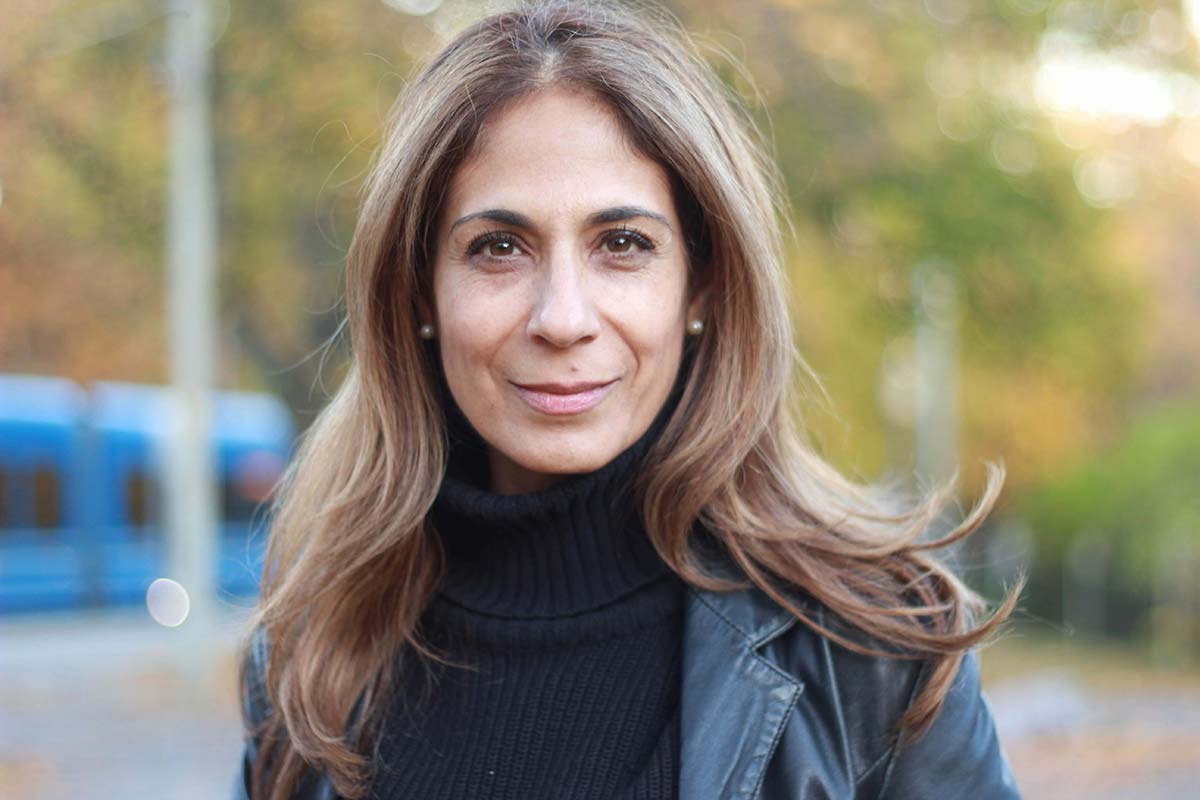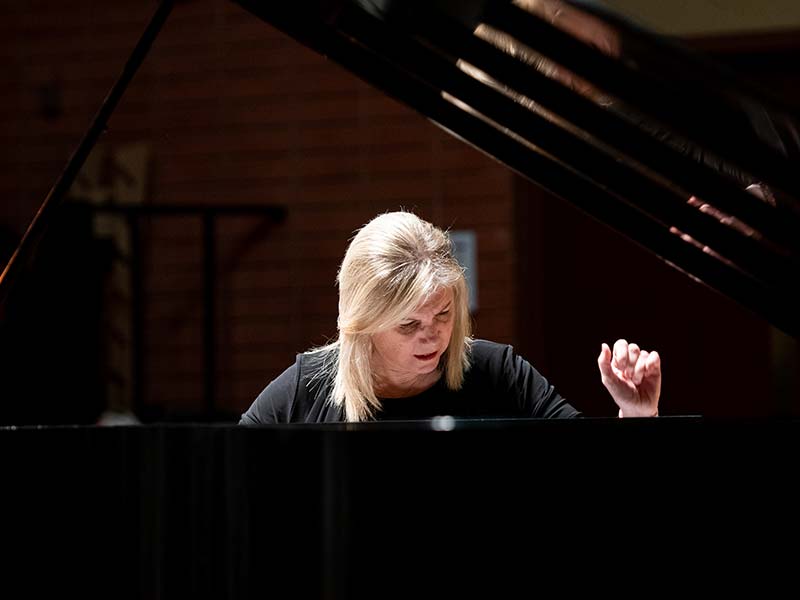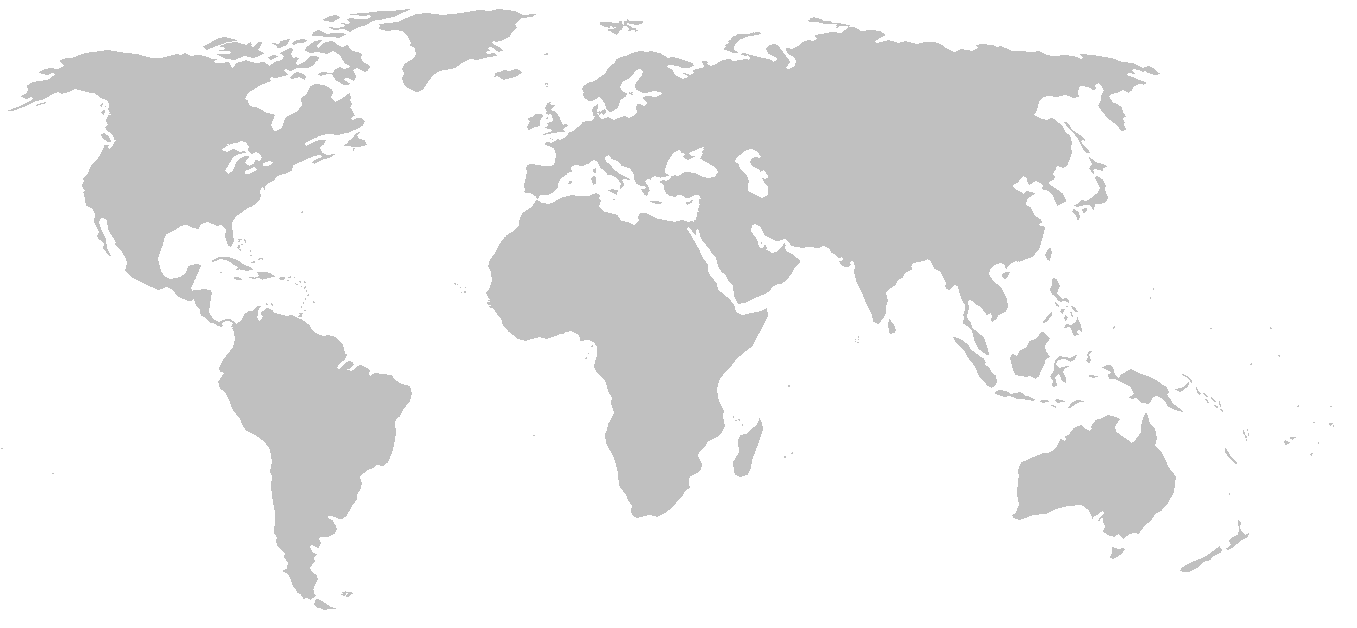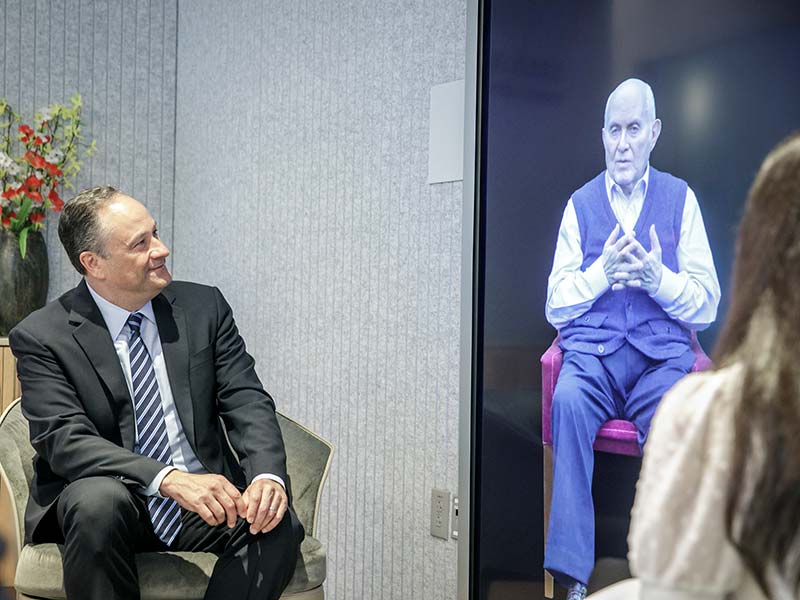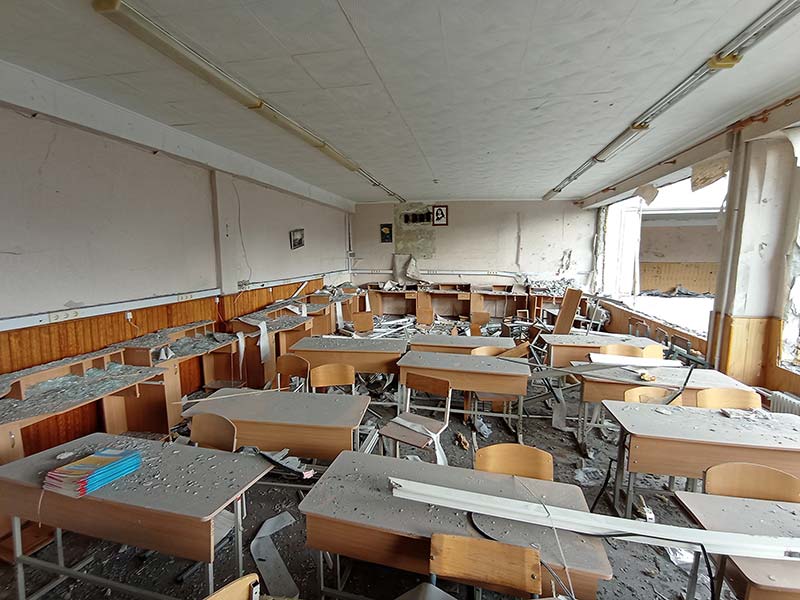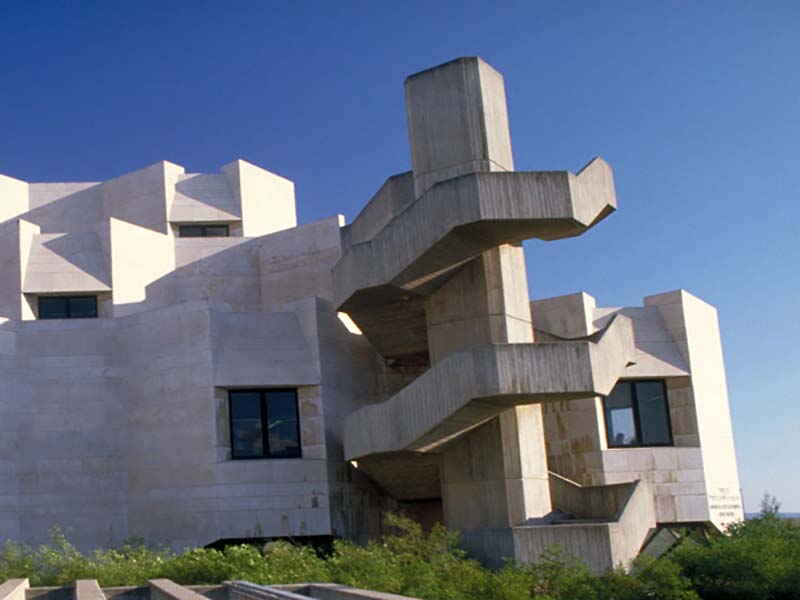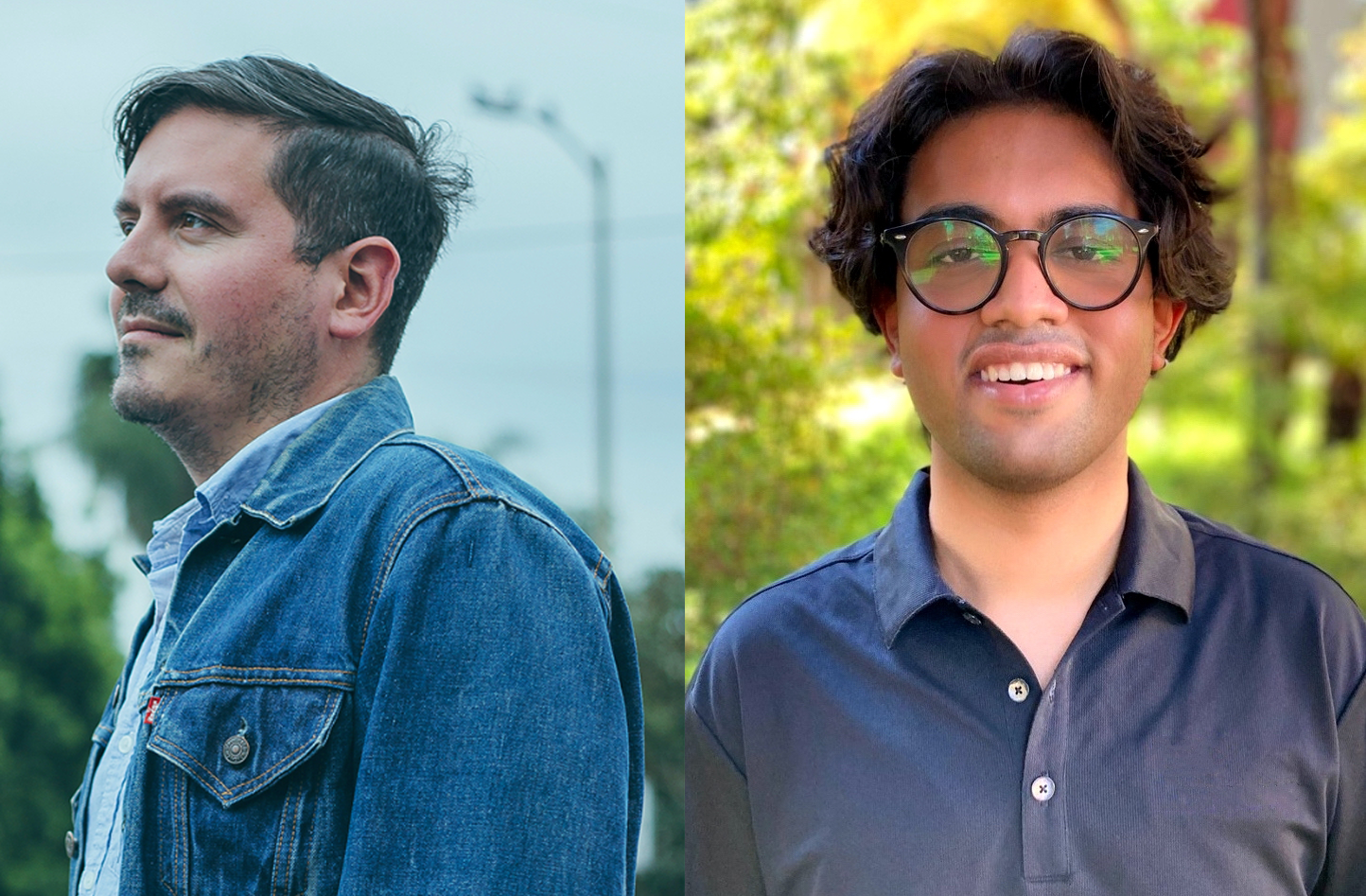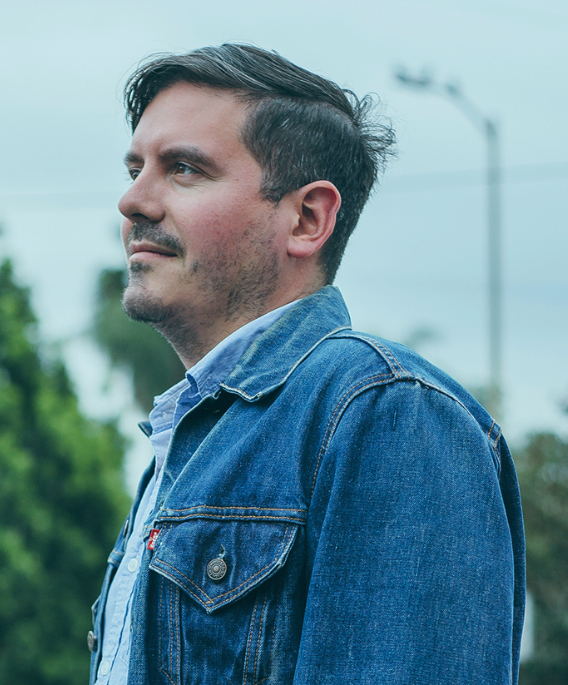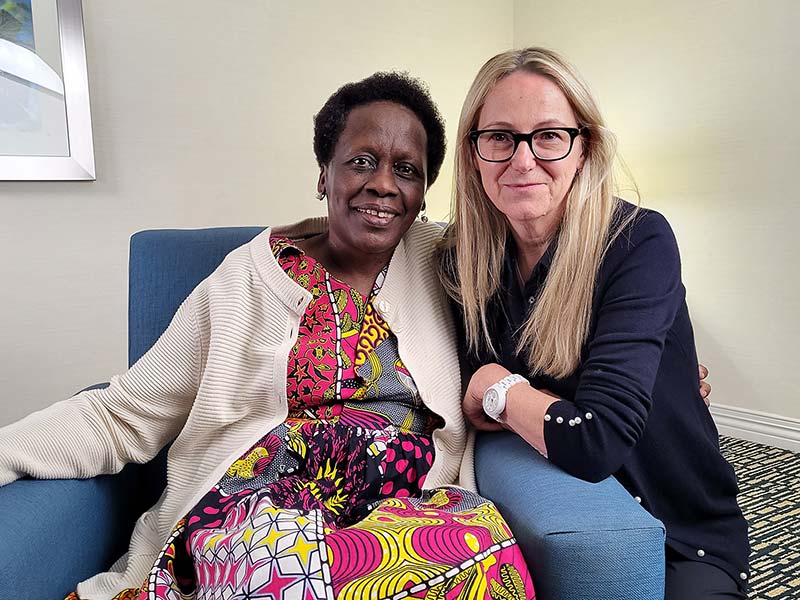On a Wednesday morning in New York in the fall of 2021, Rabbi Nicole Auerbach greeted Walter and Phyllis Loeb in Central Synagogue’s majestic sanctuary. She led them through the arch-lined nave, past row after row of pews, beyond the six sets of capital columns wrapped in colorful, gold-accented reliefs, all the way up to the intricately carved Mahagony bima, the stage where the synagogue’s rabbi and cantor preside over Shabbat and holiday services.
"It’s very important that the Swedish Holocaust Museum is one of Sweden’s National Historical Museums. We believe the Holocaust is not a Jewish concern, but that it is, and must be, a universal one." Lizzie Oved Scheja (pictured above, full interview below), founder and director of J! Jewish Culture in Sweden, speaking earlier this month after Swedish Minister of Culture Jeanette Gustafsdotter inaugurated the country’s first museum dedicated to preserving and perpetuating the memory of the Holocaust.
USC Shoah Foundation is bringing The Willesden Project educational initiative to a group of 500 Ukrainian refugees and other guests in Warsaw, Poland this weekend. The event will also feature a musical performance by USC Shoah Foundation partner and celebrated pianist Mona Golabek.
USC Shoah Foundation–the Institute for Visual History and Education (USC Shoah Foundation) on Wednesday welcomed Second Gentleman Douglas Emhoff to the Institute’s global headquarters on the campus of the University of Southern California.
USC Shoah Foundation has partnered with a group of scholars from the Hebrew University in Jerusalem to provide them with 1,000 transcripts from the Visual History Archive for a study that will analyze Holocaust survivor testimonies.
"Research With Testimonies: Featuring the Center's 2021 Lev Student Research Fellows”
Nicholas Bredie (USC PhD candidate in Literature and Creative Writing) and Atharva Tewari (USC undergraduate student, Global Studies and Journalism major)
2021 Beth and Arthur Lev Student Research Fellow
April 12, 2022
As a novelist, I am fascinated by decisions. Choice, real or imagined, is what separates tragedy from mythology. Decisions, always made with incomplete understanding, shape the arc of lives and narrative.
Hundreds of survivors of the 1994 Rwandan Genocide against the Tutsi congregated in Salt Lake City over the weekend for the largest-ever international gathering of survivors.
Organizers say the event, hosted by IBUKA-USA and supported by a number of organizations including USC Shoah Foundation, was a safe space for survivors to discuss issues including bringing genocide perpetrators to justice, preserving the memory of victims, and fighting against revisionism.
